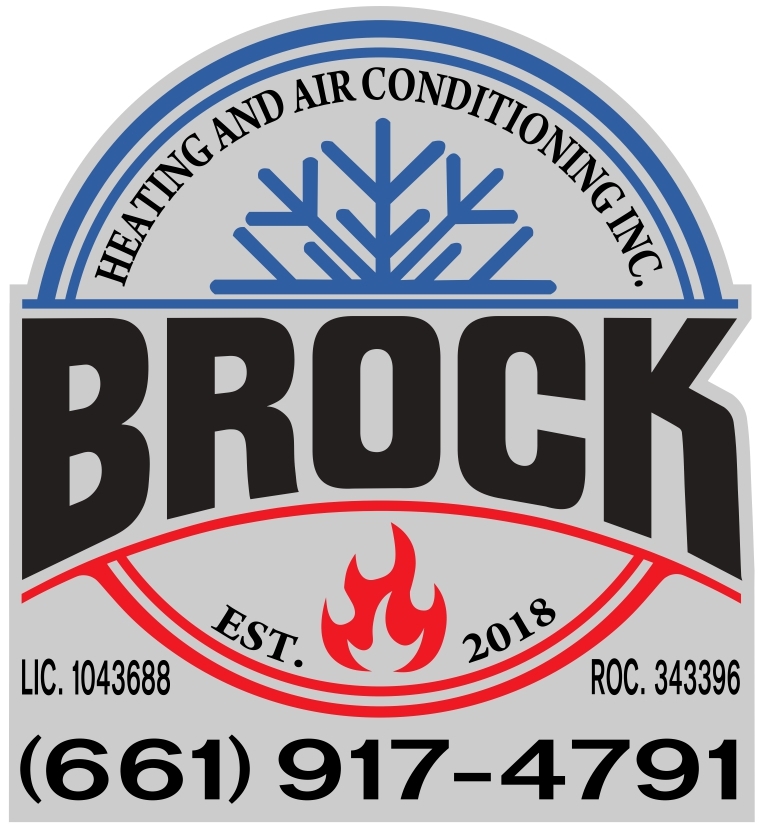A reliable heat pump is essential for maintaining a comfortable home throughout the year. Over time, however, even the best heat pumps can experience wear and tear, reducing their efficiency and performance. Knowing when to consider heat pump replacement can save you from unexpected breakdowns and costly repairs.
Signs Your Heat Pump is Nearing the End of Its Lifespan
Knowing when your heat pump is nearing the end of its lifespan can save you time and money. Recognizing these signs early allows you to plan for a replacement rather than dealing with unexpected breakdowns.
1. Inconsistent Temperatures: If your home experiences uneven heating or cooling, it may be a clear indicator that your heat pump is struggling. This issue often points to the system’s declining efficiency and capacity to maintain a consistent temperature.
2. Frequent Breakdowns: Constantly needing heat pump repair is a strong sign that your system is aging. Older heat pumps tend to break down more often, leading to regular repair costs that can add up over time.
3. High Energy Bills: As heat pumps age, they become less efficient, which results in higher utility bills. If you notice a significant increase in your energy costs without change in usage patterns, it may be time to consider a heat pump replacement.
4. Unusual Noises: New, strange noises coming from your heat pump can be a sign of wear and tear. These sounds could indicate issues with the motor or other internal components, signaling it might be time for an upgrade.
5. Age of the System: Heat pumps generally have a lifespan of about 10 to 15 years. If your heat pump is within this range or older, replacement might be a more cost-effective and efficient solution.
Benefits of Upgrading to a New Heat Pump System
Upgrading to a new heat pump system comes with several benefits that enhance your home’s comfort and efficiency. A new heat pump installation can be a smart investment for various reasons.
1. Enhanced Energy Efficiency: Modern heat pumps are designed with advanced technology that improves energy efficiency. Higher Seasonal Energy Efficiency Ratio (SEER) and Heating Seasonal Performance Factor (HSPF) ratings mean that new systems consume less energy, reducing your monthly utility bills.
2. Improved Comfort Levels: Upgrading to a new heat pump can provide more balanced and consistent heating and cooling. Advanced features such as variable speed fans and smart thermostats enable better control over indoor temperatures, providing enhanced comfort.
3. Reduced Maintenance Costs: New heat pump systems usually require less frequent maintenance compared to older models. With fewer breakdowns and improved reliability, you save on repair costs and enjoy more peace of mind.
4. Eco-Friendly: Newer heat pumps are more environmentally friendly. They use advanced refrigerants and energy-efficient technology to minimize their impact on the environment.
5. Increased Home Value: Upgrading to a new, efficient heat pump system can increase your home’s market value. Prospective buyers will appreciate the modern HVAC system, which can be a selling point in property transactions.
6. Rebates and Incentives: Many areas offer rebates and incentives for installing energy-efficient heat pumps. These programs can help offset the initial cost of your new system, making it an even more attractive option.
Key Factors to Consider During Heat Pump Replacement
Replacing a heat pump involves more than just selecting a new model. Understanding the key factors to consider ensures you choose the best system for your home.
1. System Size: The size of your heat pump must match the needs of your home. An oversized unit can cause frequent on-off cycling, leading to inefficiency and wear. An undersized unit will struggle to heat or cool your home adequately. Consulting with our professionals can help you determine the correct size based on your home’s square footage and insulation.
2. Efficiency Ratings: Look for heat pumps with high efficiency ratings. The SEER and HSPF ratings indicate how well the system can cool and heat, respectively. Higher ratings mean the system uses less energy, which can reduce utility bills.
3. Advanced Features: Modern heat pumps come with features that enhance performance and convenience, such as variable speed compressors, smart thermostats, and advanced air filtration systems. These features can provide better comfort and improved air quality.
4. Cost and Rebates: While initial costs are important, long-term savings from energy efficiency should also be considered. Additionally, many areas offer rebates and incentives for installing high-efficiency systems, which can offset some of the initial costs.
5. Professional Installation: Ensure that the installation is done by experienced technicians. Proper installation is crucial for optimal performance and longevity. Our professionals ensure that the system is correctly installed and calibrated to perform efficiently from day one.
How Professional Heat Pump Installation Ensures Long-Term Performance
A successful heat pump replacement relies heavily on professional installation. Proper installation not only ensures immediate performance but also extends the system’s lifespan and efficiency.
1. Correct Sizing and Placement: Our technicians ensure the heat pump is appropriately sized for your home. They also determine the best placement for both indoor and outdoor units, which affects the system’s efficiency and noise levels.
2. Proper Connections: During installation, all electrical, refrigerant, and ductwork connections must be correctly made. Our professionals ensure that all connections are secure, leak-free, and meet regulatory standards.
3. System Testing: After installation, our technicians thoroughly test the system. This involves checking for proper airflow, refrigerant levels, and thermostat calibration. The system is fine-tuned to ensure optimal performance and efficiency.
4. Compliance with Codes: Professional installation guarantees that your new heat pump complies with all local and national building codes. This compliance is essential for safety and to avoid any legal issues down the line.
5. Warranty Protection: Many manufacturers require professional installation to maintain the warranty. Our technicians ensure your installation meets these requirements, protecting your investment.
6. Ongoing Support: Professional installation includes ongoing support. Our team can provide regular maintenance and quick repairs if needed, ensuring your system continues to operate at peak efficiency.
Conclusion
Recognizing the signs of an aging heat pump and understanding the benefits of upgrading to a new system can significantly enhance your home’s comfort and efficiency. When the time comes for a heat pump replacement, considering key factors ensures you select the best system for your needs. Moreover, professional installation plays a crucial role in ensuring the long-term performance and efficiency of your new heat pump.
For reliable heat pump replacement in Lancaster, CA, contact Brock Heating & Air, Inc. today. Our professionals are ready to assist you in maintaining a comfortable and energy-efficient home!






